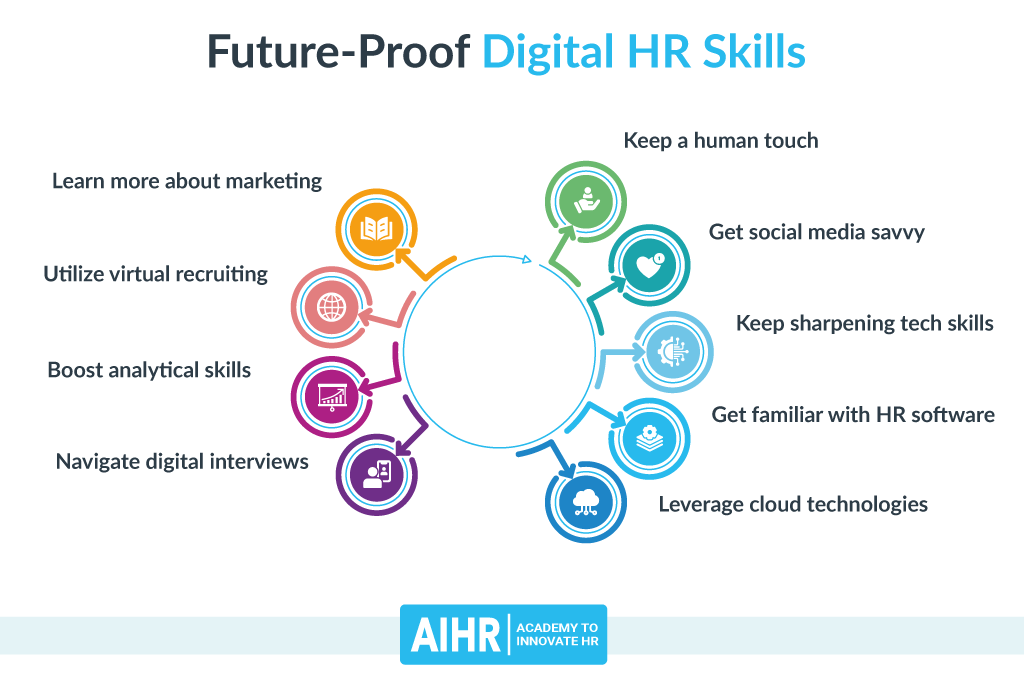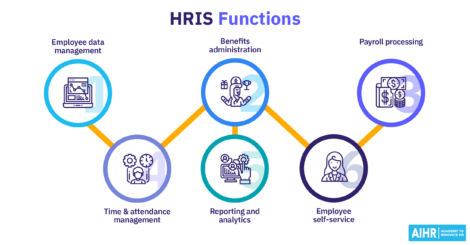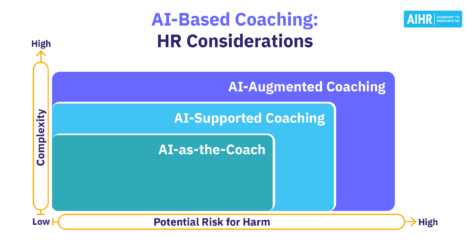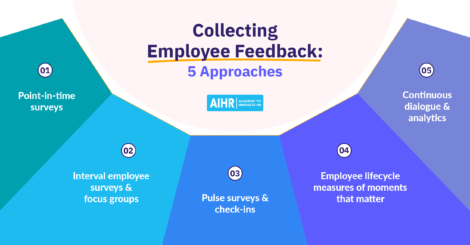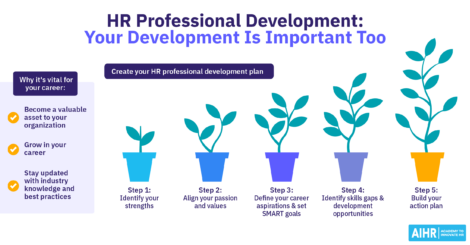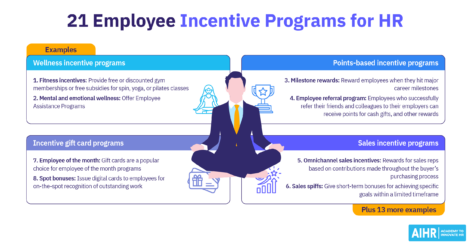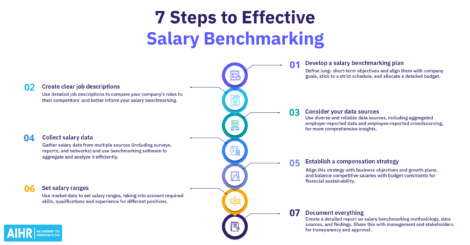9 Digital HR Skills To Future-Proof Your Career

What is one digital-related skill HR professionals should hone to future-proof their career?
To help HR professionals understand which digital-related skills will best future-proof their careers, we asked HR experts and small business CEOs this question for their best advice. From keeping a human touch to utilizing virtual recruiting, there are several tips that may help you hone in on a digital-related skill to future-proof your career in HR.
Contents
Keep a human touch
Get social media savvy
Keep sharpening tech skills
Get familiar with HR software
Leverage cloud technologies
Navigate digital interviews
Boost analytical skills
Utilize virtual recruiting
Learn more about marketing
Keep a human touch
With the challenges that a year in the pandemic wrought on the workforce, the critical skill that HR leaders had to embody was a willingness to innovate. Learning how to apply digital-related competencies, like data literacy, to HR processes will position professionals as business leaders in the field.
The right technological skills will streamline business processes and add value to their company or clients by identifying trends and aligning decisions based on business strategy. However, it is also critical to remember the soft skills that technology cannot match, such as identifying culturally aligned talent. While you hone your digital skills, make sure your interpersonal skills stay sharp.

Jon Schneider, Recruiterie
Get social media savvy
So much of human resources now hinges on digital tools and how well HR professionals can adopt and leverage them. One heavily used digital resource is social media, such as Facebook, Twitter, and LinkedIn. To future-proof your HR career, get social media savvy and find creative methods to recruit talent on that medium.
Utilizing an Applicant Tracking System (ATS) integrated with social media accounts, you can post to several job boards, career pages, and social media platforms from one place. ATS software also provides data analytics to objectively assess recruiting processes.

Denise Gredler, Best Companies AZ
Keep sharpening tech skills
As much as HR is the people and the human interactions side of the company, there is a strong demand for technology in the HR department. From the candidate application experience, feedback channels to career development and coaching, technology processes are essential to keep everything connected. If you aren’t consistently sharpening your saw in the realm of technology, your candidates and employees will pass you by.

Jenn Christie, Markitors
Get familiar with HR software
HR software platforms have become a staple for organizations both big and small. That’s why it’s good for HR professionals within those businesses to be able to lead the charge when it comes to implementing and making the most of this software.
Understanding what is available on the HR software market, from simpler and less costly off-the-shelf systems to more expensive, tailored modular systems will help you make an informed choice on the best software fit for your organization.
Then, it’s all about learning the system’s functionality and how to maximize your use of the software across its various features: holidays, absence, training management, performance tracking, health and safety, reporting, etc. Ultimately, HR software can help you save time on pesky HR admin. It allows you to automate processes like calculating holiday entitlement or reminders to schedule a performance appraisal. It’s best to use the system to its full potential!

Camille Brouard, Myhrtoolkit
Leverage cloud technologies
HR professionals should develop their cloud technology skills as a way of future-proofing their careers. Cloud-based software is becoming ubiquitous in HR. This means the skills needed to operate these types of software will continue to be in high demand well into the future.
It is up to HR professionals to learn how to operate cloud-based software and use these programs to improve the efficiency and productivity of their HR management efforts.

Gregory Rozdeba, Dundas Life
Navigating digital interviews
HR professionals need to be aces at conducting digital interviews. This doesn’t mean they just know how to use Zoom or other video software. They need to hone their skills in conducting video interviews, which are different from in-person interviews.
It can be more challenging to pick up on things like body language in a video interview. For this reason, paying close attention to candidates’ behavior is important. Remember to record interviews so you can go back and reference them later.

Courtney Buhler, SugarLash PRO
Boost analytical skills
HR professionals need to develop their analytical skills if they want to remain relevant in their careers over the coming years. These professionals also need to learn how to use analytical software to get the most out of the data available.
Analytical skills allow HR practitioners to draw credible and impactful insights from large volumes of data. These insights can then be used to make strategic HR decisions for the company. Such decisions help reduce human resource management costs, improve job satisfaction for employees, and attract and retain the best talent for the company.

Sai Blackbyrn, Coach Foundation
Utilize virtual recruiting
Due to the sudden switch to remote work, HR teams had to adapt to virtual recruiting and finding top talent online. However, innovative tools are not enough if you don’t invest time developing your digital skills related to online recruitment.
If you want to future-proof your career in the HR industry, it’s essential to keep your knowledge pertaining to new remote recruitment tools up to date. This knowledge will help you simplify your hiring process and coordinate the technical aspects of online recruitment.
You will also be able to manage existing online recruiting platforms better and generate new ideas for the selection process in a virtual environment. Having a broad knowledge about available remote recruitment tools can support you in finding creative solutions for conducting group interviews, assessment centers, or job simulations.
This kind of out-of-the-box thinking will set you apart from the competition and make you a more effective recruiter.

Dorota Lysienia, LiveCareer
Learn more about marketing
Surprisingly, having marketing skills can be incredibly beneficial for HR professionals. Candidates traditionally are drawn to employers who have an outstanding brand reputation. Because of this, it’s vital that HR professionals understand how to properly market a brand as a great place to work. This can help attract new applicants who are looking to work for a reputable company.

Guna Kakulapati, CureSkin
These expert insights have been collected by Terkel. Terkel creates community-driven content featuring expert insights.
Weekly update
Stay up-to-date with the latest news, trends, and resources in HR
Learn more
Related articles
Are you ready for the future of HR?
Learn modern and relevant HR skills, online





